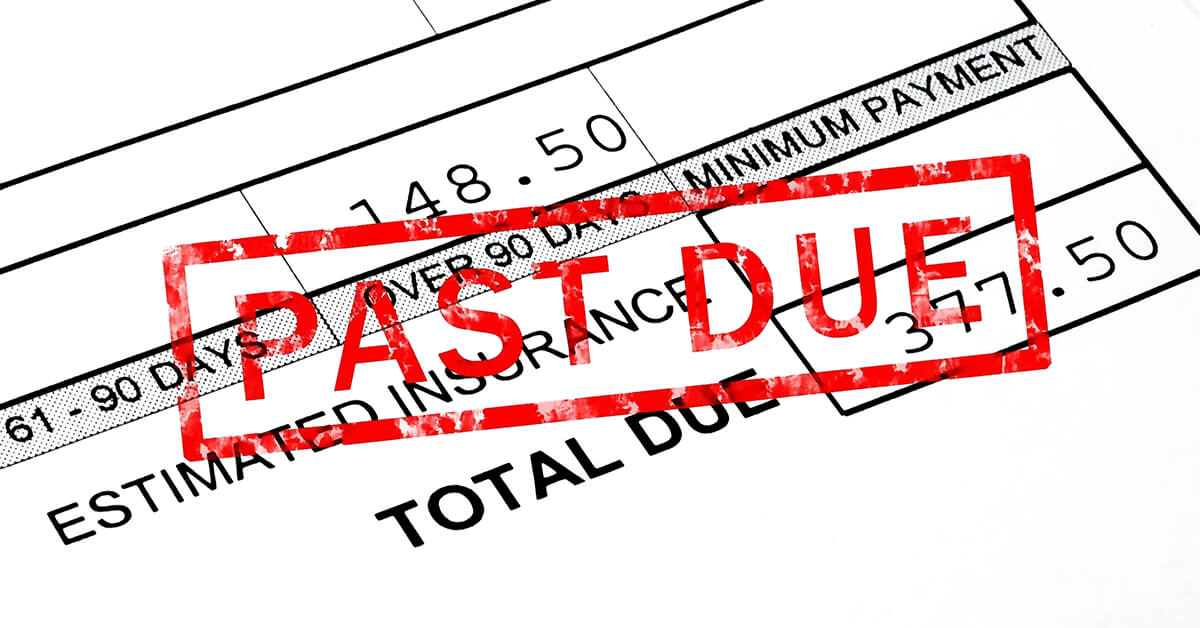December 13, 2023

The Complexity of Medical Bills Rolls Downhill for Consumers
One of my dad’s favorite expressions was, “The shit rolls downhill.” He’d say it a lot when I worked with him during summers to pay for college. He’d say it when the higher-ups blamed him for something that he had no control over. He’d say it when I complained after he had me do some menial task for him like take out the garbage or wash the floor.
That expression jumped to mind when I was reading the Consumer Financial Protection Bureau’s (CFPB) latest yearly status report on the Fair Debt Collection Practices Act. Hey, some people read biographies. Others read novels. This is what I read. Leave me alone.
Anyway, we’re always hearing about how complex the healthcare financing system is, or how everyone gets paid for caring for patients. A good example is this recent Viewpoint in the Journal of the American Medical Association. Written by two physicians and one health policy wonk, all from Stanford, the piece said it takes a commercial health plan 14 steps to process a medical claim from a healthcare provider.
On the flip side, ask any provider about what it takes to submit a claim to a commercial health plan and get paid accurately, fairly and on time, and you’ll get an earful. I wrote about what doctors think about insurers’ prior authorization requirements in, “No Pandemic Impact to See Here. Doctors Still Hate Prior Authorization.”
As bad as providers think they have it, and as bad as insurers think they have it, it’s nothing compared with how bad consumers have it. All that billing and collection complexity — affectionately known as the healthcare revenue cycle — rolls downhill to consumers. Anyone who’s argued with a hospital, doctor’s office or insurer over a bill knows what I’m talking about. Like the time a prestigious academic medical center near Chicago mistakenly classified my Medicare-insured mom as “self-pay” and touched off a series of cascading events that included her getting a threatening notice from a debt-collection agency. I wrote about that in, “When Knowing About the Healthcare Revenue Cycle Gets You an Extra Donut.”
The new CFPB report does a great job capturing the medical billing experiences of patients who are the real victims of the healthcare revenue cycle. Here are some facts from the report that made me think of my dad’s expression.
More than 20% of consumers with credit reports had unpaid bills, or debt, listed in their reports in the first quarter of 2022. Fifty-seven percent of that debt was medical debt — by far the leading source of debt. A distant second was unpaid bills from banks and financial institutions.
Consumers filed nearly 116,000 complaints to the CFPB last year about debt collection agencies trying to collect unpaid bills. Of those, the CFPB referred 52% to the agencies for “review and response.” About 8,500, or 14%, of those 60,400 referred complaints were about medical bills. Medical bills were second only to credit card bills as the source of consumer complaints.
The most common complaints about medical bills in 2022, according to the CFPB report, were:
- Consumers already paid the bill.
- Another party like an insurer or financial assistance should have paid the bill.
- The bill was for medical services rendered years ago.
- Consumers didn’t know a provider referred a medical bill to collections.
- The amount consumers owed for medical services was inaccurate.
- The amount consumers owed for medical services was inflated by additional or more expensive billing codes.
It’s hard enough recovering from an illness or injury. Getting a bogus medical bill from a debt collection agency only makes that recovery more difficult because of the stress.
Years ago, I decided to pay our family’s medical bills twice a year. From January through June, I’d throw any medical or dental bill or explanation of benefits form into one of those small clear bins you get from Target. I’d open the bills and forms in July and pay whatever small amounts we eventually owed. You’d be surprised how fast providers and payers can straighten out who owes how much to whom when you hold the money. I’d repeat the same process from July through December and square up with everyone in January.
As consumers, the only leverage we have is money. Providers and payers want it. As long as you don’t pay them, they will figure it out over time and send you an accurate bill. If enough of us do that, they’ll fix healthcare’s broken billing and collection system. I doubt it. But maybe.
Thanks for reading.





